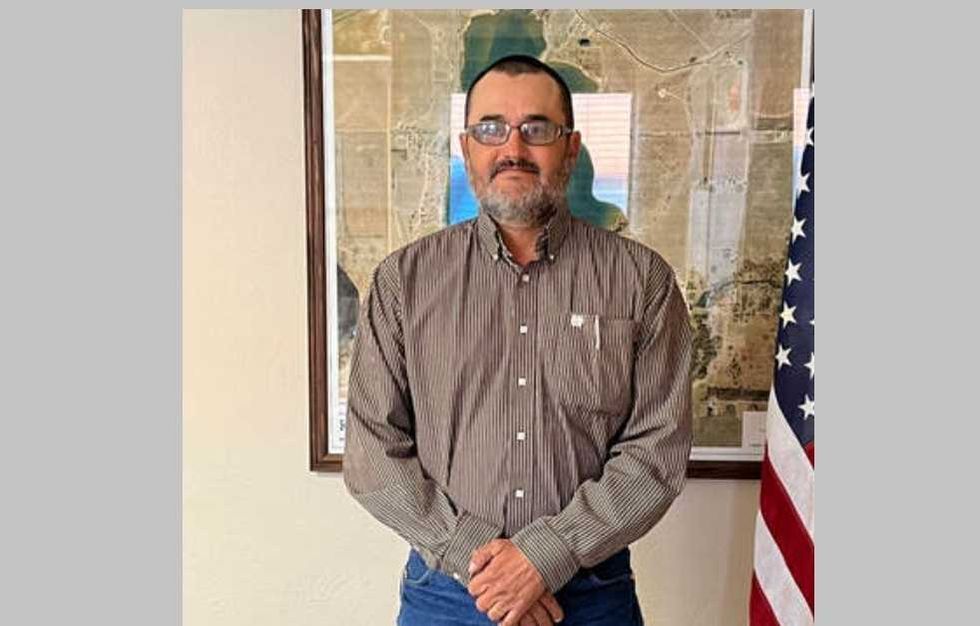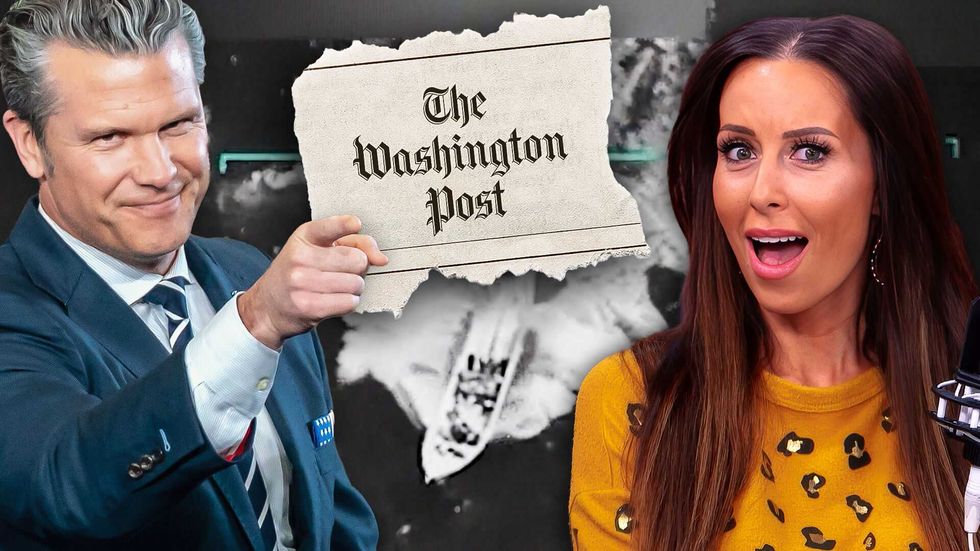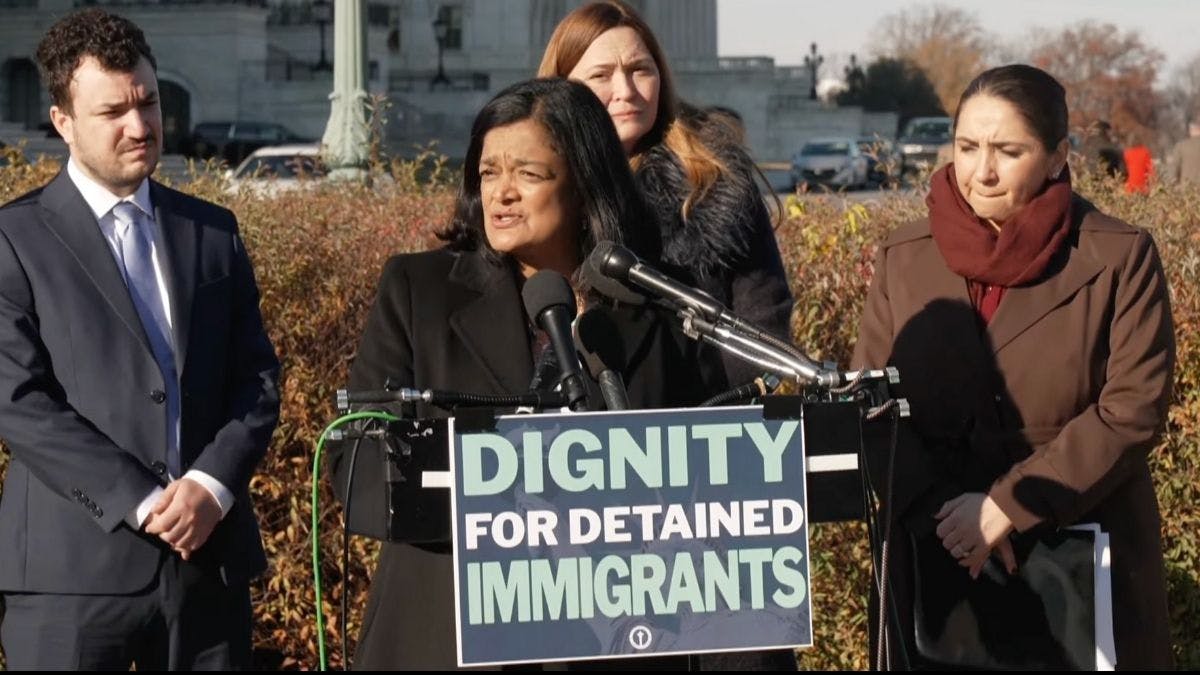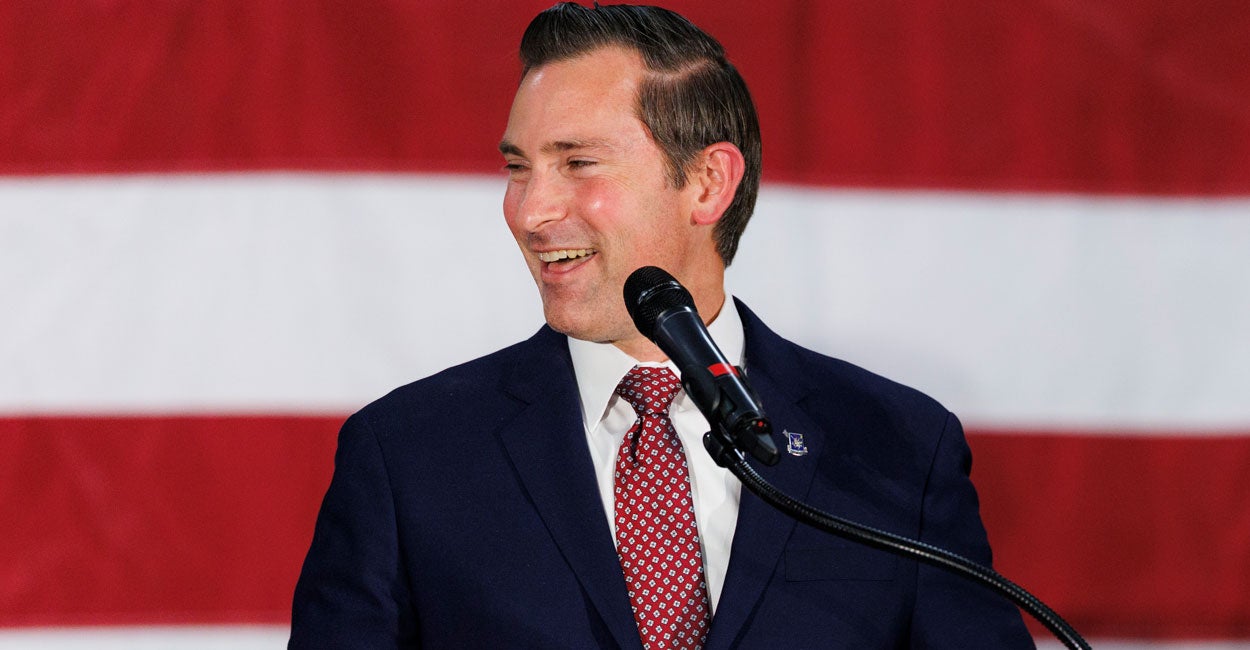Trump to take on NATO summit: Will allies step up or stall?
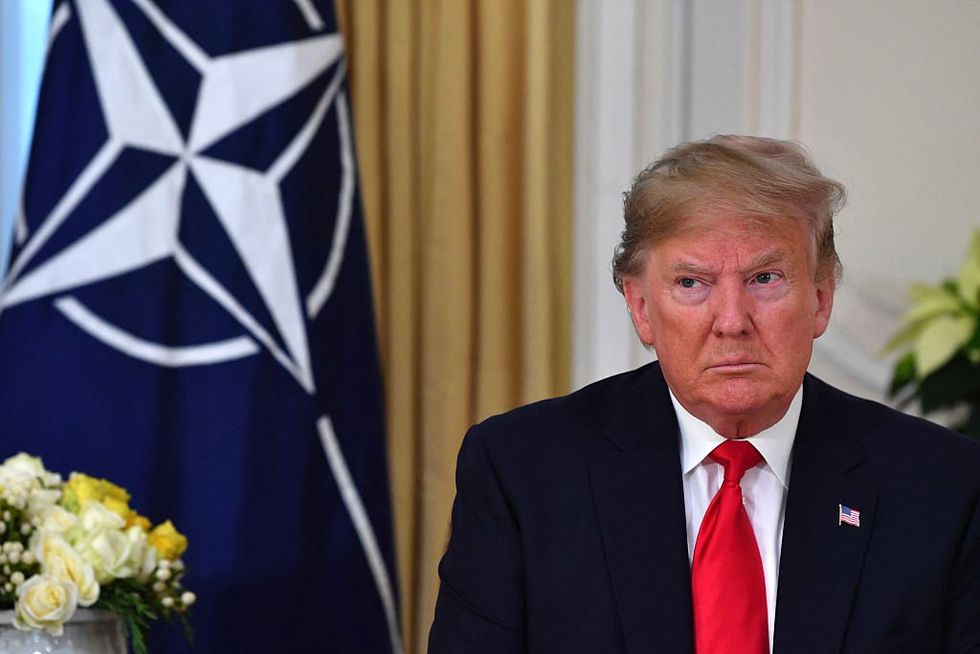
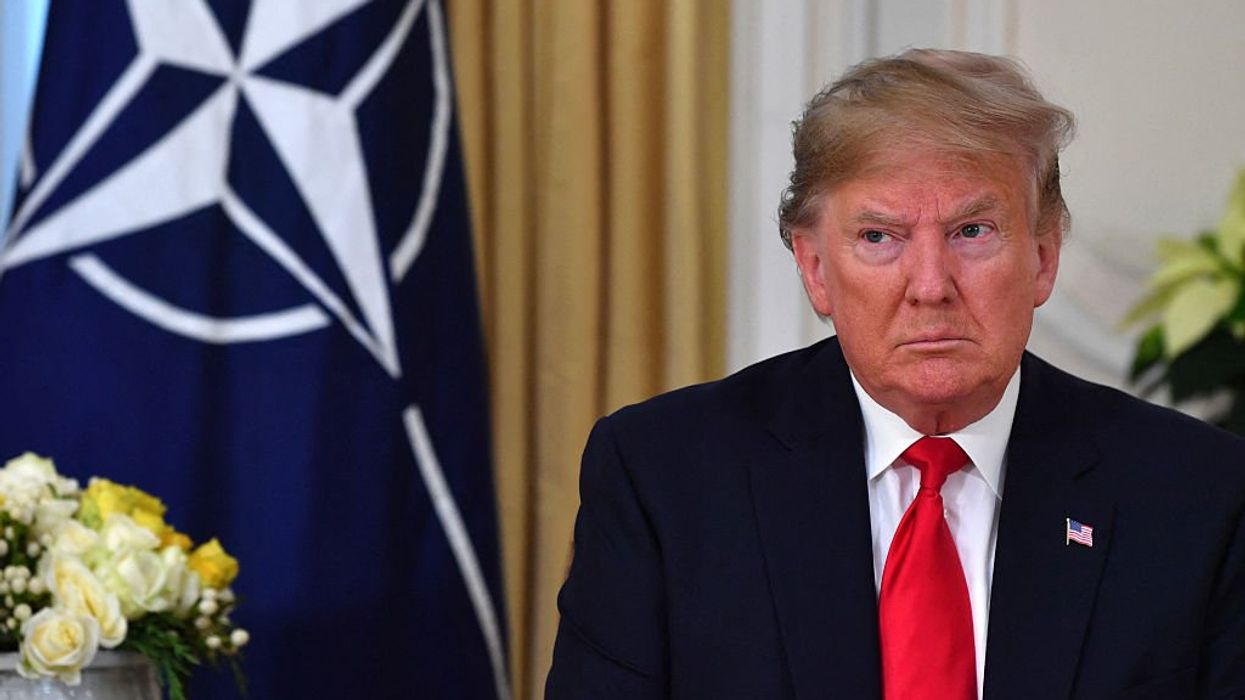
President Donald Trump is scheduled to attend the NATO summit in the Hague, Netherlands, held on June 24 and 25, where world leaders are anticipated to cover a wide range of pressing topics.
The annual meeting provides Trump with an opportunity to promote American interests over globalist ideals while reducing the United States' defense burdens, potentially reshaping the alliance.
'President Trump will be calling on NATO allies to step up to the plate and invest in the defense of Europe.'
This will be the first NATO summit hosted in the Netherlands since the alliance's founding in 1949. Approximately 9,000 attendees are expected, including 6,000 officials representing various countries.
Defense spending
A top concern for the Trump administration is ensuring that American taxpayers do not carry an unfair defense burden compared to their NATO counterparts.
Trump has maintained a firm stance with NATO allies, pressuring the countries to substantially increase defense spending from 2% of their GDP to 5% as part of the president's efforts to push for burden-sharing among the nations.
Nile Gardiner, the director of the Heritage Foundation's Margaret Thatcher Center for Freedom and Bernard and Barbara Lomas Fellow, told Blaze News that defense spending is expected to "dominate" most of the summit.
"This is the top priority for the U.S. administration. President Trump will be calling on NATO allies to step up to the plate and invest in the defense of Europe. I think you'll be looking for all of the alliance members to pledge to spend 5% of GDP on defense," Gardiner stated.
NATO's 32 allies previously agreed to spend at least 2% of their GDP on defense following Russia's invasion of Ukraine in February 2022.
With ongoing concerns of escalation from Russia, NATO's latest plan aims for 5% of GDP for defense budgets, including 3.5% for military spending and 1.5% for security-related infrastructure.
RELATED: Trump touches down in Canada for G7 summit. Here's what's on the menu.
 NATO Secretary General Mark Rutte. Photo by SIMON WOHLFAHRT/AFP via Getty Images
NATO Secretary General Mark Rutte. Photo by SIMON WOHLFAHRT/AFP via Getty Images
Last month, NATO Secretary General Mark Rutte said he expects the ally countries to agree to the new goal during the upcoming annual summit.
"Let's say that this 5% — but I will not say what is the individual breakup, but it will be considerably north of 3% when it comes to the hard spend, and it will be also a target on defense-related spending," Rutte remarked.
‘The reality right now is Europe is not in a position to defend itself.’
The Financial Times reported in late May that Spain was the last major holdout on NATO's plan to increase defense spending.
U.S. Secretary of State Marco Rubio stated last month that when he met with José Manuel Albares, Spain's foreign minister, he "urged Spain to join Allies in committing 5% of GDP to defense."
Albares responded, "There was an exchange [with Rubio], and both of us expressed our views very clearly. I insisted that it was a huge effort to reach 2% and that the debate right now needs to focus on capabilities."
Spain currently commits only 1.28% of its GDP to defense spending. In April, Pedro Sánchez, Spain's prime minister, announced a plan to meet NATO's existing 2% requirement for the first time in 2025.
A White House official confirmed to Blaze News that Trump "intends to secure a historic 5% defense spending pledge from NATO allies that will advance stability in Europe and around the world."
NATO members reached an agreement on Sunday to increase their defense spending target to 5% of GDP. Yet Spain opted out.
Sánchez declared, “We fully respect the legitimate desire of other countries to increase their defense investment, but we are not going to do so.”
On Monday morning, Rutte held a press conference before the summit, confirming that NATO members had agreed to the new defense spending goals.
Peace through strength
The Trump administration has prioritized facilitating peace talks between Ukraine and Russia to end the war and reduce the United States' aid commitments. Meanwhile, tensions between Israel and Iran also remain ongoing. The U.S. launched airstrikes against three of Iran's nuclear enrichment sites over the weekend.
Resolving these conflicts is certain to be another key topic at the upcoming summit. U.S. Ambassador to NATO Matthew Whitaker previously stated that the Trump administration will begin talks with allies later this year about withdrawing American troops from Europe.
While Whitaker previously stated that "nothing has been determined," he noted that the administration would converse with NATO allies after the summit.
"It's more than 30 years of U.S. desire [to reduce troops in Europe], President Trump just said enough, this is going to happen and it's going to happen now. This is going to be orderly, but we are not going to have any more patience for foot-dragging in this situation. ... We just need to work through the practical consequences," Whitaker remarked.
RELATED: Lindsey Graham champions sending troops to Iran despite Americans' weariness of endless war
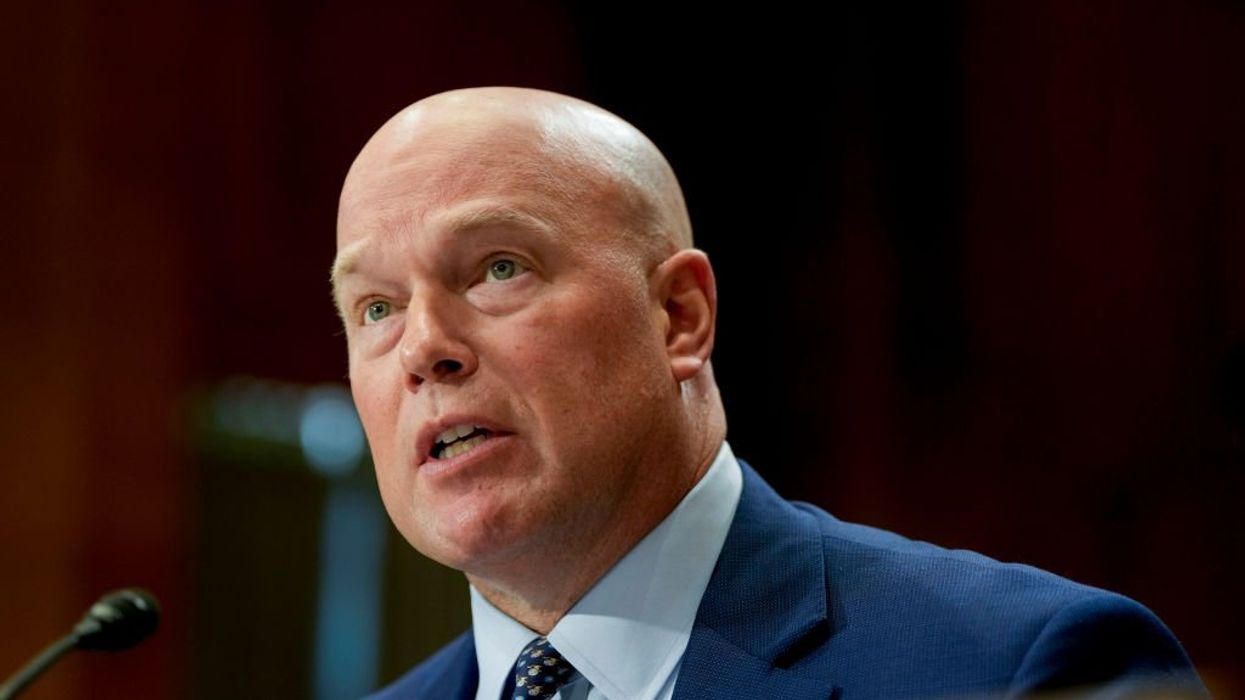 US ambassador to NATO Matthew Whitaker. Photographer: Kent Nishimura/Bloomberg via Getty Images
US ambassador to NATO Matthew Whitaker. Photographer: Kent Nishimura/Bloomberg via Getty Images
Earlier this month, Sergei Ryabkov, Russia's deputy foreign minister, stated that Russia would not end the war with Ukraine until NATO withdraws its military forces from Eastern Europe, citing it as a central cause of the war.
Ryabkov stated that America must take actionable steps to address "the root causes" behind Russia's security disputes.
"Among these causes, NATO expansion is in the foreground. Without resolving this fundamental and most acute problem for us, it is simply impossible to resolve the current conflict in the Euro-Atlantic region," he said. "Given the nature and genesis of the Ukrainian crisis, provoked by the previous U.S. authorities and the West as a whole, this conflict naturally acts, well, if you like, as a test, a trial, which checks the seriousness of Washington's intentions to straighten out our relations."
Trump stated that he spoke with Russian President Vladimir Putin on June 14, mainly about the Iran conflict. He noted, "Much less time was spent talking about Russia/Ukraine," but he indicated that there will be future discussions regarding that war.
"He is doing the planned prisoner swaps — large numbers of prisoners are being exchanged, immediately, from both sides. The call lasted approximately 1 hour. He feels, as do I, this war in Israel-Iran should end, to which I explained, his war should also end," Trump wrote in a post on social media.
‘Trump will be urging strong support from NATO members for Israel unity, calling for an end to Iran's nuclear program.’
Trump attended the Group of Seven summit in Canada, which was held from June 15 through 17, but left before the event's final day when Ukrainian President Volodymyr Zelenskyy and Rutte joined a breakfast discussion about the ongoing conflict. Several Cabinet members, including Treasury Secretary Scott Bessent, remained at the event to represent the U.S.
Zelenskyy, who will also be attending the NATO summit, has been pushing for allies to implement stricter sanctions against Russia.
Gardiner stated that he anticipated the Trump administration would press European allies to increase military production to ensure that they have the industrial capacity necessary to "produce large amounts of tanks, weapons, aircraft, [and] ammunition to use for the defense of Europe against Russia."
"The reality right now is Europe is not in a position to defend itself," Gardiner continued. "I think, also, President Trump will be urging European NATO allies to stop buying Russian energy."
He noted that European NATO members purchased roughly €7 billion worth of liquefied natural gas from Moscow.
"They are directly helping to fund the Russian war machine," Gardiner said. "In fact, European NATO allies spend more money buying Russian gas than they do in terms of military assistance in Ukraine."
RELATED: A treacherous week for America First (and Israel, too)
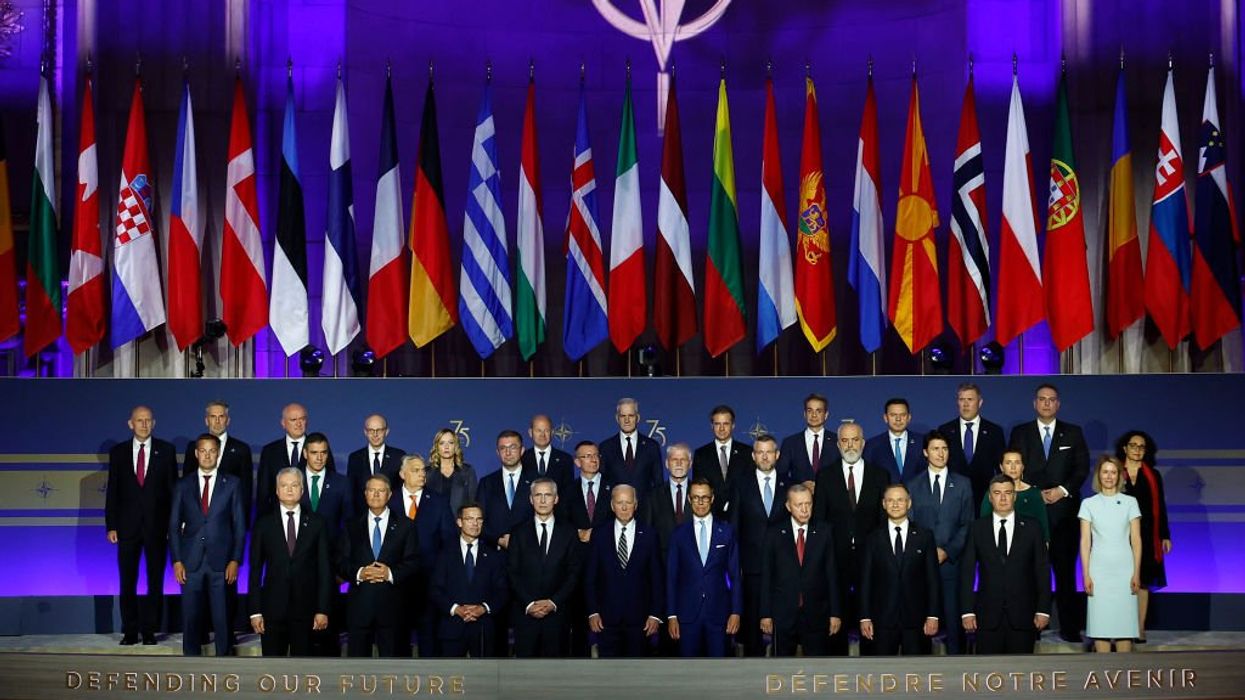 NATO 75th anniversary celebratory event on July 9, 2024, in Washington, D.C. Photo by Kevin Dietsch/Getty Images
NATO 75th anniversary celebratory event on July 9, 2024, in Washington, D.C. Photo by Kevin Dietsch/Getty Images
Gardiner added that recent conflict in the Middle East would also likely be front and center during the summit.
"Trump will be urging strong support from NATO members for Israel unity," Gardiner stated.
Trump has repeatedly stated that Iran cannot have nuclear weapons.
"For 40 years, they've been saying 'death to America,' 'death to Israel,' 'death' to anybody else that they didn't like," Trump told reporters on Wednesday. "If you go back 15 years, I was saying, 'We cannot let Iran get a nuclear weapon.'"
After bombing Iran’s nuclear enrichment facilities, Trump warned that Iran would face further strikes if its leaders fail to reach a peace agreement with Israel.
During the Monday press conference, Rutte addressed the United States' recent strikes against Iran.
"When it comes to NATO's stance on Iran's nuclear program, allies have long agreed that Iran must not develop a nuclear weapon. Allies have repeatedly urged Iran to meet its obligations under the Non-Proliferation Treaty," Rutte stated.
A reporter asked Rutte whether he has concerns that the U.S. strike on Iran would result in the Trump administration deprioritizing NATO.
"I don't think so," he replied. "The news about Iran is, at this moment, grabbing all the headlines, and it is, of course, important news, but this summit is really about making sure that the whole of NATO, 1 billion people, will be safe, not only today but also three, five, seven years from now."
"Let's not forget, Iran is heavily involved in the fight of Russia against Ukraine," Rutte continued. "No doubt it will emerge in the discussions."
Like Blaze News? Bypass the censors, sign up for our newsletters, and get stories like this direct to your inbox. Sign up here!
Originally Published at Daily Wire, Daily Signal, or The Blaze
What's Your Reaction?
 Like
0
Like
0
 Dislike
0
Dislike
0
 Love
0
Love
0
 Funny
0
Funny
0
 Angry
0
Angry
0
 Sad
0
Sad
0
 Wow
0
Wow
0
